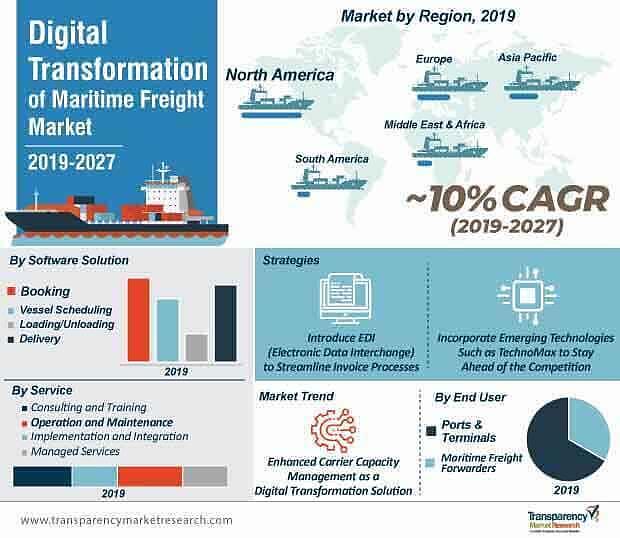Policy Strategies to Improve Performance and Productivity of Marine Logistics
DOI:
https://doi.org/10.62012/collaborate.v2i1.62Keywords:
Maritime Logistics, Policy Strategy, Performance, Productivity, Global Supply ChainAbstract
This article discusses policy strategies that can be implemented to improve the performance and productivity of the maritime logistics sector. Maritime logistics is an important component in the global supply chain, so it is important to continuously improve its performance. Several policy strategies that can be considered include investment in infrastructure and technology, simplification of procedures and regulations, development of human resource competencies, as well as international cooperation and coordination between stakeholders. The aim of implementing these strategies is to increase the efficiency, speed, reliability, and productivity of maritime logistics services as a whole, thereby contributing to increased competitiveness and economic growth.
Downloads
References
International Maritime Organization, "Facilitation of Maritime Traffic," 2021. [Online]. Available: https://www.imo.org/en/OurWork/Facilitation/Pages/Default.aspx
European Commission, "Towards a Sustainable Blue Economy in the EU: Greening Maritime Transport," 2022. [Online]. Available: https://ec.europa.eu/oceans-and-fisheries/ocean/blue-economy/sustainable-blue-economy_en
World Bank, "Trade Facilitation for Better Connectivity and Competitiveness," 2020. [Online]. Available: https://www.worldbank.org/en/topic/trade/brief/trade-facilitation
S. Fruth and F. Teuteberg, "Digitization in Maritime Logistics – What is There and What is Missing?," Cogent Business & Management, vol. 4, no. 1, pp. 1-40, 2017, doi: 10.1080/23311975.2017.1411066.
M. Golias, M. Saharidis, G. Boile, S. Theofanis, and M. Ierapetritou, "The Berth Scheduling Problem with Vessel Arrivals and Deadlines," Transportation Research Part E: Logistics and Transportation Review, vol. 45, no. 6, pp. 1001-1016, 2009, doi: 10.1016/j.tre.2009.04.001.
International Maritime Organization, "Alternative Fuels and Energy Carriers," 2022. [Online]. Available: https://www.imo.org/en/OurWork/Environment/Pages/Alternative-Fuels.aspx
International Maritime Organization, "Greenhouse Gas Emissions," 2023. [Online]. Available: https://www.imo.org/en/OurWork/Environment/Pages/GHG-Emissions.aspx
European Maritime Safety Agency, "Ship Waste Management," 2022. [Online]. Available: http://www.emsa.europa.eu/implementation-tasks/environment/waste-management.html
C. R. Grindlay, M. D. Rodríguez-García, J. Cruz, and J. Molina-Serrano, "Towards a Sustainable Port Infrastructure Design: A Case Study in Spain," Sustainability, vol. 12, no. 13, p. 5386, 2020, doi: 10.3390/su12135386.
World Bank, "Public-Private Partnerships in Transportation," 2021. [Online]. Available: https://www.worldbank.org/en/topic/transport/brief/public-private-partnerships-in-transportation
International Maritime Organization, "Technical Cooperation and Partnership," 2022. [Online]. Available: https://www.imo.org/en/About/Partnerships/Pages/Default.aspx
United Nations Conference on Trade and Development, "Cross-Sectoral Collaboration in Maritime Transport," 2020. [Online]. Available: https://unctad.org/webflyer/cross-sectoral-collaboration-maritime-transport
N. Muammar dan A. Mosyofa, “KEBIJAKAN MARITIM INDONESIA DALAM MENUNJANG SISTEM KEAMANAN TRANSPORTASI LAUT”, SENSISTEK, vol. 7, no. 1, hlm. 46-50, Mei 2024.


















